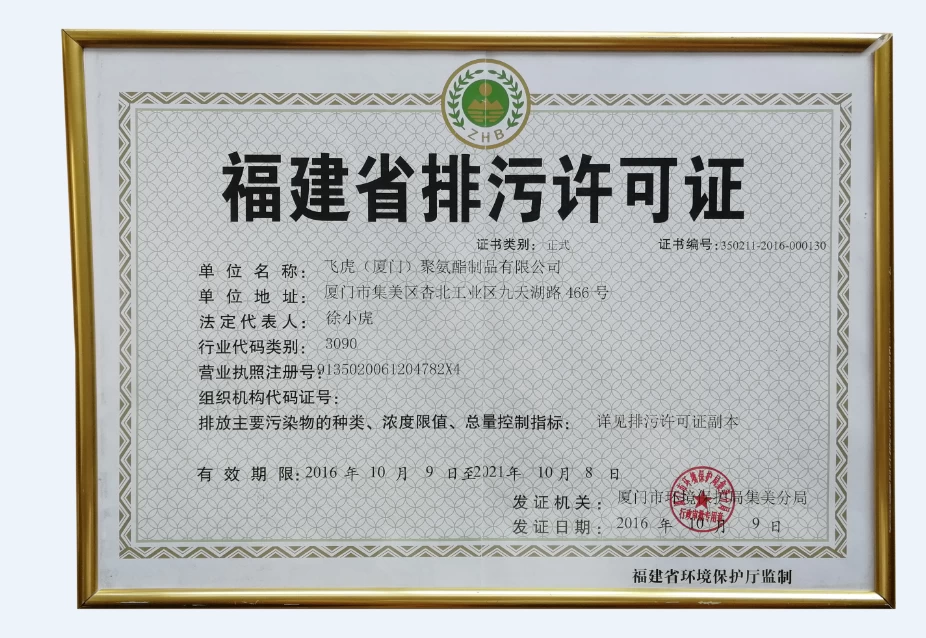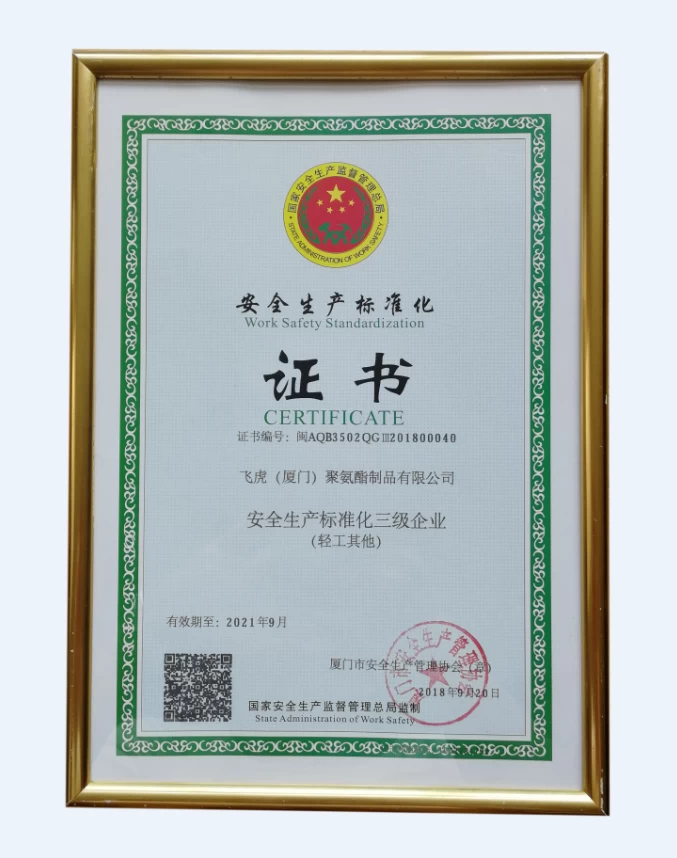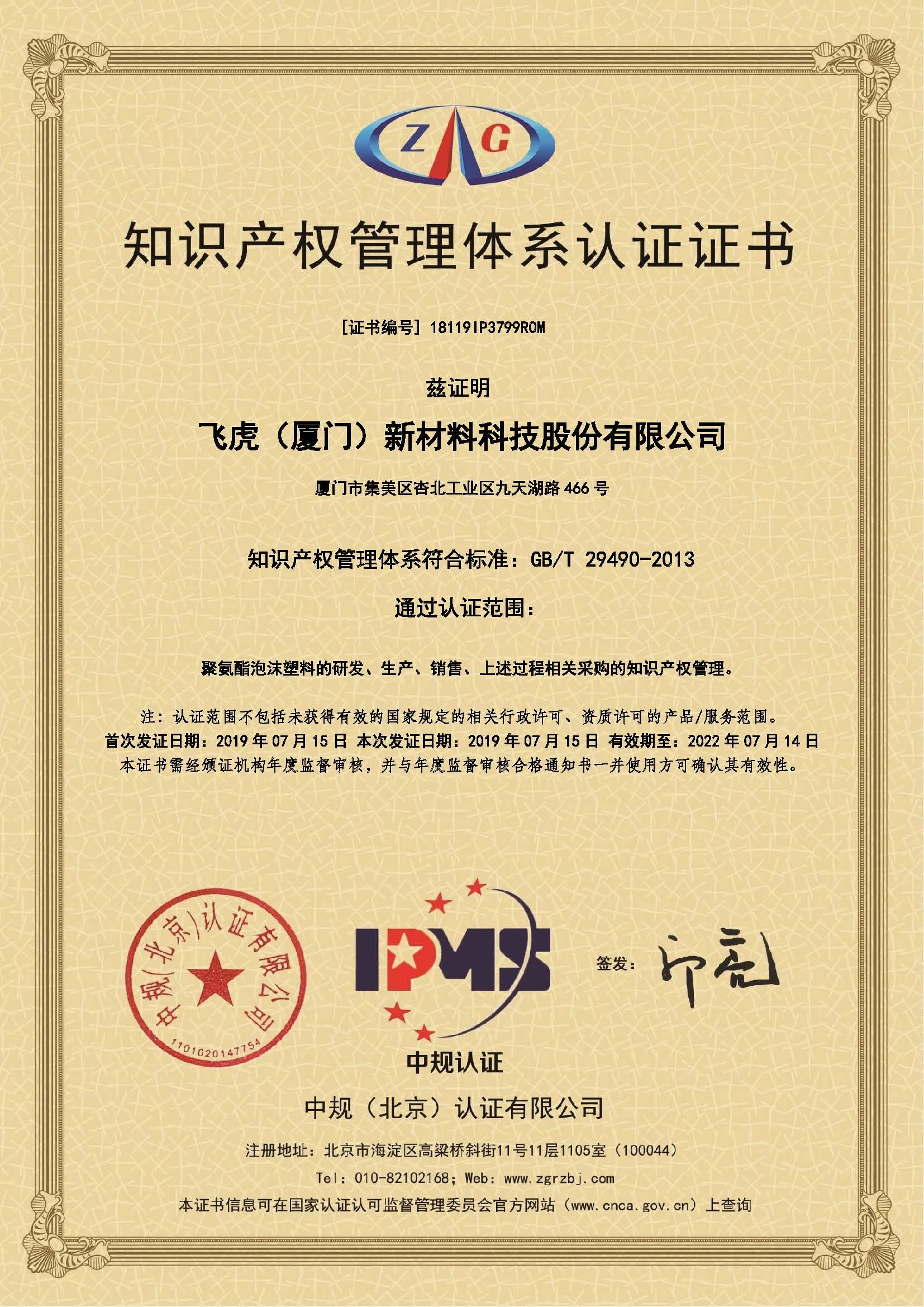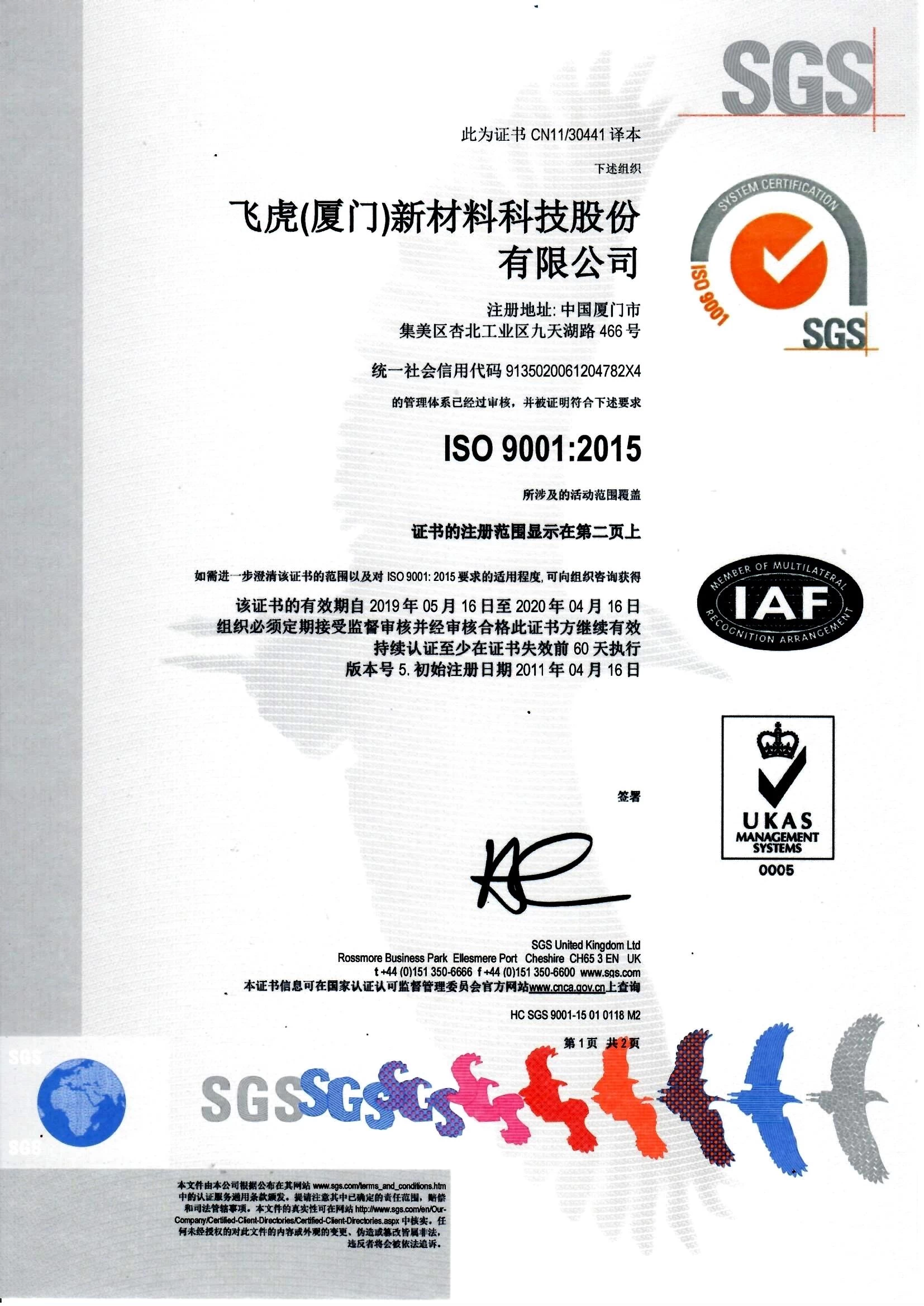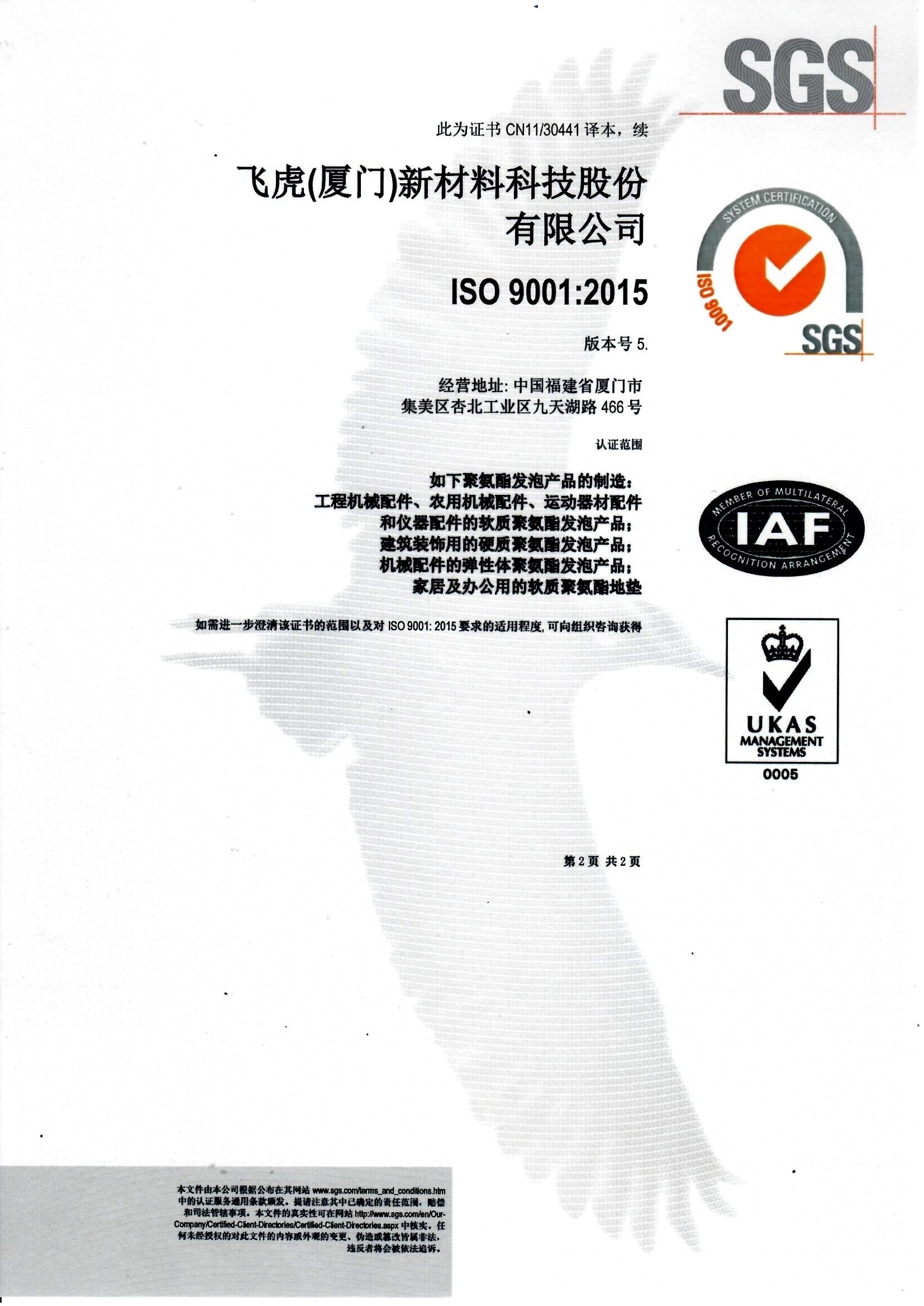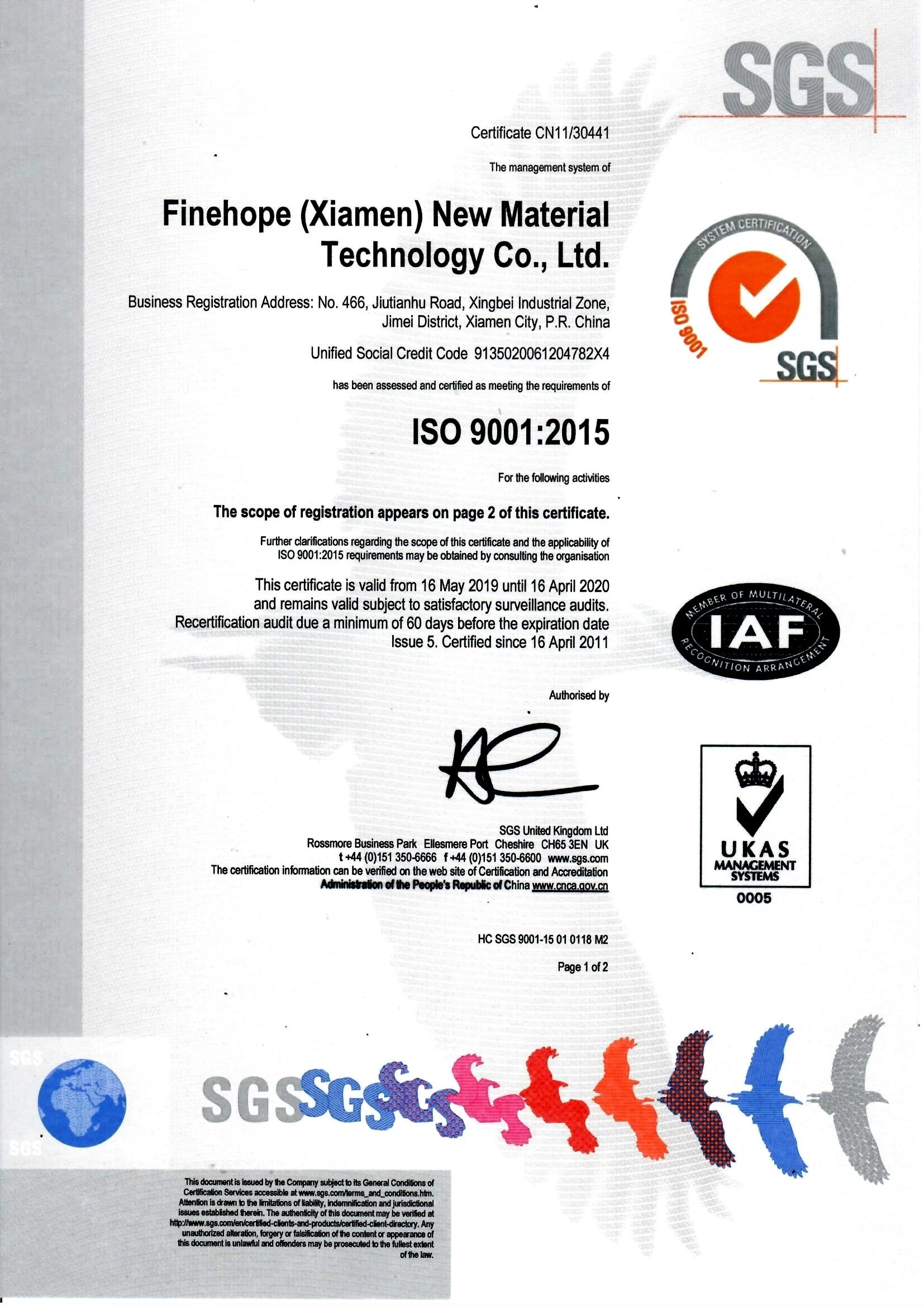Life optimistic or pessimistic Looks like the gene said just calculate
FOR some people in this world, the glass always seems to be half-full. For others it is half-empty. But how someone comes to have a sunny disposition in the first place is an interesting question.
It has been known for a long time that optimists see the world selectively, mentally processing positive things while ignoring negative ones, and that this outlook helps determine their health and well-being. In recent years, it has also become clear that carriers of a particular version of a particular gene are at higher risk than others of depression and attempted suicide when they face traumatic events. The gene in question lies in a region of the genome that promotes the activity of a second gene, which encodes a protein called the serotonin transporter. Serotonin is a messenger molecule that carries signals between nerve cells, and it is known to modulate many aspects of human behaviour, although the details are complex and controversial. The transporter protein recycles serotonin back into the cell that produced it, making it available for reuse, but also reducing the amount in the junctions between cells and thus, it is presumed, the strength of the signal.
It has looked increasingly likely, therefore, that genes—particularly those connected with serotonin—have a role to play in shaping a person’s outlook. So Elaine Fox and her colleagues at the University of Essex, in Britain, wondered whether genes play a part in the selective attention to positive or negative material, with consequent effects on outlook.
To find out, they took samples of DNA from about 100 people and then subjected these people to what is known as the dot-probe paradigm test to see how they reacted to different stimuli. In this test participants are briefly shown photographs that may be positive, negative or neutral in tone. They then have to press a keypad to indicate when a dot has appeared on the screen. It has
been found by experience that the more distracting an image is, the longer a person takes to respond when the dot appears. That allowed Dr Fox and her team to discover how distracting particular people found particular images.
In a paper just published in the Proceedings of the Royal Society B they report that, sure enough, gene-related variation caused a bias in attention towards positive and negative material. Some people had two “long” versions of the promoter gene (one inherited from each parent), a combination that reduces the amount of serotonin in the junctions between nerve cells. These individuals were biased towards positive images and away from negative ones. By contrast, those who had either a long and a short version of the gene, or two short versions (and thus, presumably, more serotonin in the junctions), did not have such protective biases. In other words, the optimists really did see the world differently.
Rose-tinted spectacles may be good for one’s health, as these results fit in with wider ideas about how a tendency to look on the bright side of life is part of being resilient to stress. Those with short variants of this gene are expected to have an increased susceptibility to mood disorders following such stress. It is not all good news, though, for optimists. Because these results suggest that a person’s attitude to life is inherited, they serve as a stark warning to all buoyant optimists that trying to cheer the rest of the world up with nothing more than a smile and an effortlessly sunny disposition is doomed to failure.
Do you know what’s sad?
For twenty years, I saved all my college course notes and textbooks. Two and a half college degrees: that’s a lot of paper.
Worse, I carted them around — and trust me, they weren’t light — on at least seven moves. Yet I never once looked at them.
They sat in our basement, covered in a thick layer of dust. If books and papers could wonder, they’d wonder why they were still under our stairs after all those years. What were my plans for them? When would the Big Day come?
Well, the Big Day eventually did arrive — only it was different than expected. My wife, always more accepting of change than I am, finally convinced me to recycle the entire mess.
The pain I experienced was also unexpected. I didn’t feel nostalgia, or suffer pangs for long-lost magical moments of my education. No, what hurt was to come across those terrible papers I’d written, reminders of poor study habits, immaturity, and an embarrassing lack of comprehension.
Good riddance indeed. I won’t have to lug those dusty, filthy things on our next move.
But what really happened was a purging of personal history.
Initially, I struggled with this. The truth is in the record — my books, my notes, and my papers were primary source materials, documenting an important time in my life. To trash them was to trash the truth.
What I’ve learned since taking this leap is that the lesson is more important than the truth.
I feel as if much of my real education has been a direct reaction to flailing about during my college years. The lessons aren’t in the documents — they’re now in me.
So I was glad to free myself of this physical burden. And the psychic one too: I don’t need to relive the painful moments, as the lessons have now sunk in.
You might want to consider doing something similar.
Not so long ago, a very smart person created a new holiday — Discardia! — to be celebrated four times a year. It’s a great idea, and every time I clear things out, I feel better physically and psychologically. Discardia’s slogan is “Let go of everything that doesn’t make your life awesome!”
What personal rubbish lurks under the stairs of your basement? Or in your mind?
Let it go. And make your life awesome.
Related news:
- Polyurethane Yoga Exercise Stress Ball, Polyurethane best stress relief, stress reliever gifts, stress relief toy, stress toys for adults
- roller exercise wheel.steel roller wheels.heat resistant roller
- roller wheel.two wheel roller skate.plastic roller wheel.ab roller exercise wheel
- Jewelry display Chinese polyurethane factories,Necklace display stand factory China PU,, Chinese model bust mannequin manufacturer of polyurethane
- most comfortable road bike saddle.best bike saddle.wide bike saddle.custom bike saddle




